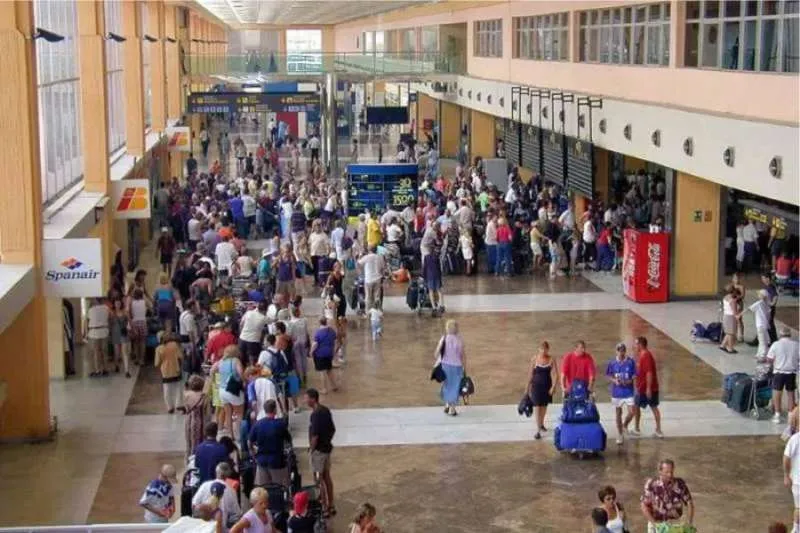San Miguel de Abona could be first Council to introduce Tourist Tax in Tenerife
- Oasis FM
- 15-05-2025
- Local News
- Photo Credit: DA
San Miguel de Abona’s Socialist Party (PSOE) will present a proposal at the next municipal council meeting to introduce a tourist tax in the municipality, potentially making it the first area in Tenerife to adopt such a measure.
The proposed bylaw aims to introduce a fee on overnight stays in all tourist accommodation. According to the PSOE, the objective is for visitors to contribute financially to the upkeep of public services ,currently funded almost entirely by local residents through taxation.
San Miguel is leading the growth of short-term holiday rentals in the south of Tenerife. From January to September 2024, the municipality registered 193 new holiday homes, an increase of 24.3%, the highest percentage increase in the region according to the Canary Islands Institute of Statistics (ISTAC). Holiday rental properties now account for nearly 50% of San Miguel’s total tourist accommodation available.
The PSOE highlighted the strain this places on essential services such as cleaning, waste management, maintenance of public spaces, water consumption, and security. “In 2024, residents funded approximately 70% of the municipal budget, which totalled €37.8 million. San Miguel locals contributed over €21 million through income tax alone,” they said.
According to data from the Spanish Tax Agency, the average disposable income in San Miguel de Abona is €19,636 per year, below both the national average (€24,542) and the regional average (€22,062).
Under the proposed measure, the tourist tax would apply on a per-person, per-night basis, and only in officially regulated accommodation. Canary Islands residents would be exempt from the charge. Revenue generated would be earmarked for specific purposes: tourism promotion, environmental maintenance, preservation of cultural heritage and coastal areas, and improvement of public transport.
The proposal also includes a public consultation process before any formal approval of the new regulation. Councillor for Tourism, Laura Paiz, emphasised the need for consensus with all stakeholders, noting the work already undertaken to develop a strategic plan with an inclusive vision.
If approved, San Miguel de Abona would set a precedent in Tenerife, aligning with similar schemes already in place in other European tourist destinations.


























